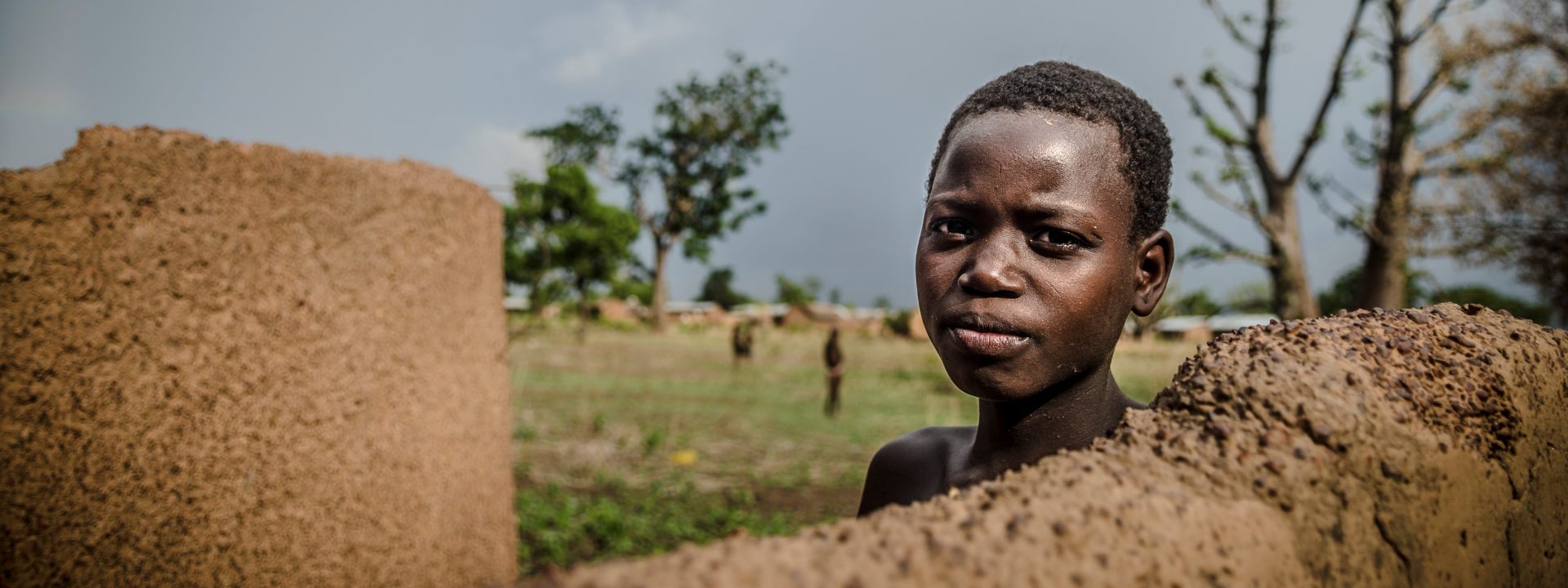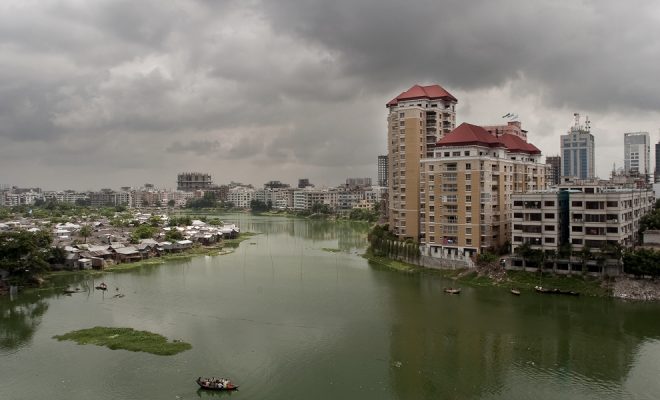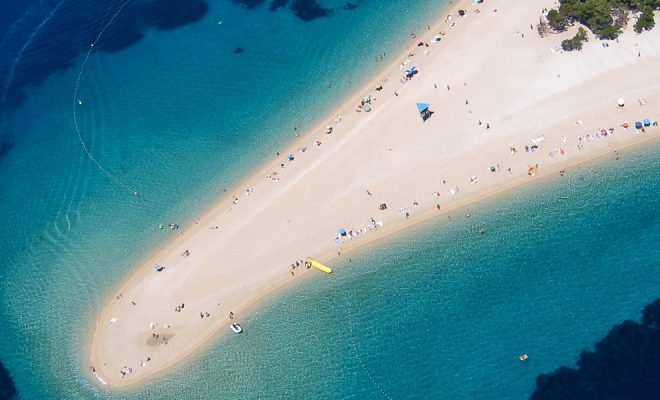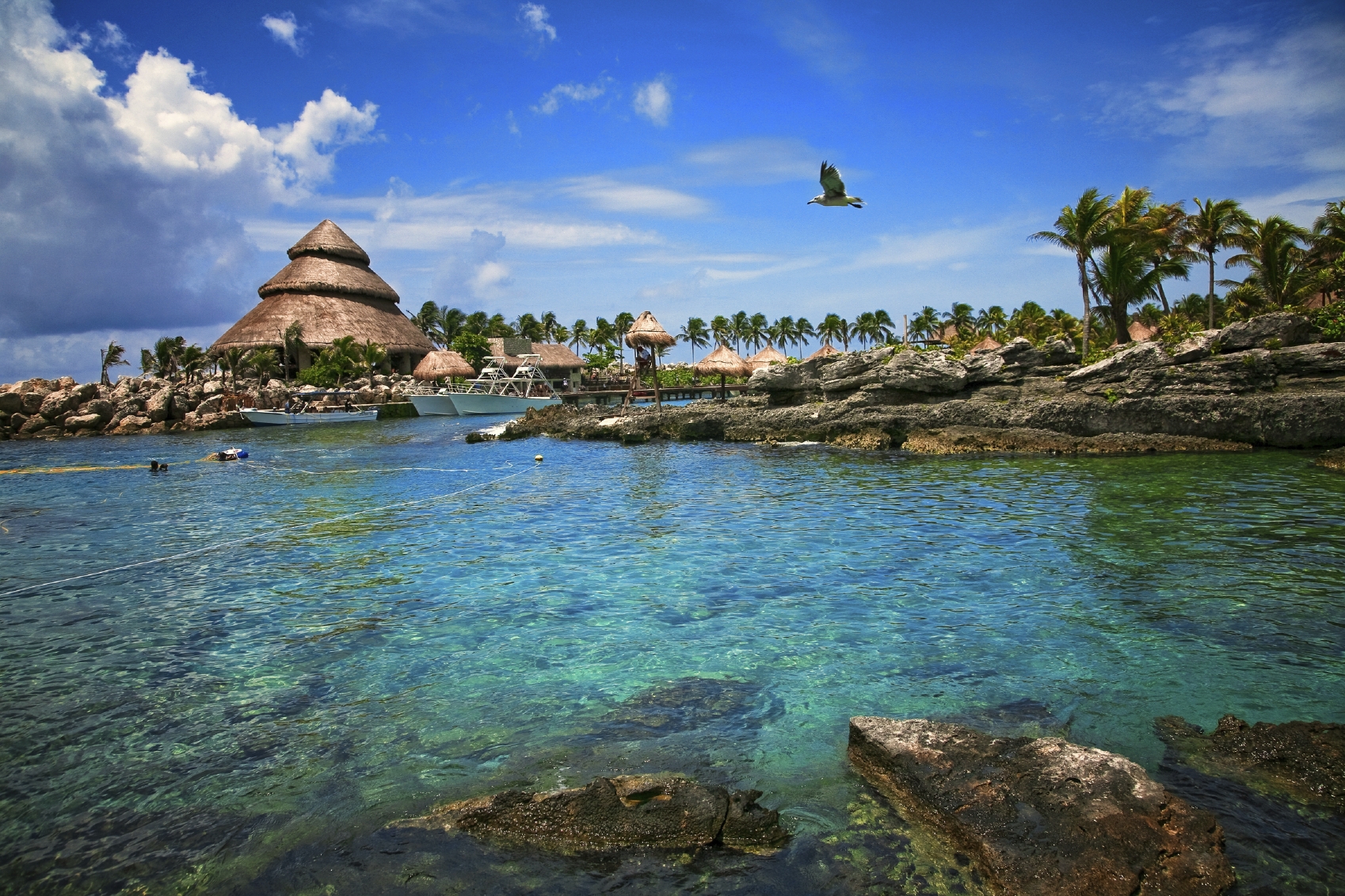
The Covid-19 has been frustrating for many African, Central American and Asian countries, which had placed their hopes on sustainable tourism © Gran Velas
The Covid-19 has been a hard blow for many economic sectors, but especially for tourism. The lockdowns, the closure of borders and the drastic restrictions on mobility have caused a sudden collapse of an activity that was rapidly evolving towards sustainability and appeared as a key factor in the attainment of the Sustainable Development Goals (SDG) by 2030.
This has been frustrating for many African, Central American and Asian countries, which had placed their hopes on sustainable tourism, an activity that had provided them over the last decade with a driving force to leave poverty behind in the face of a future threatened by climate change and demographic imbalance.
Conflict and threat
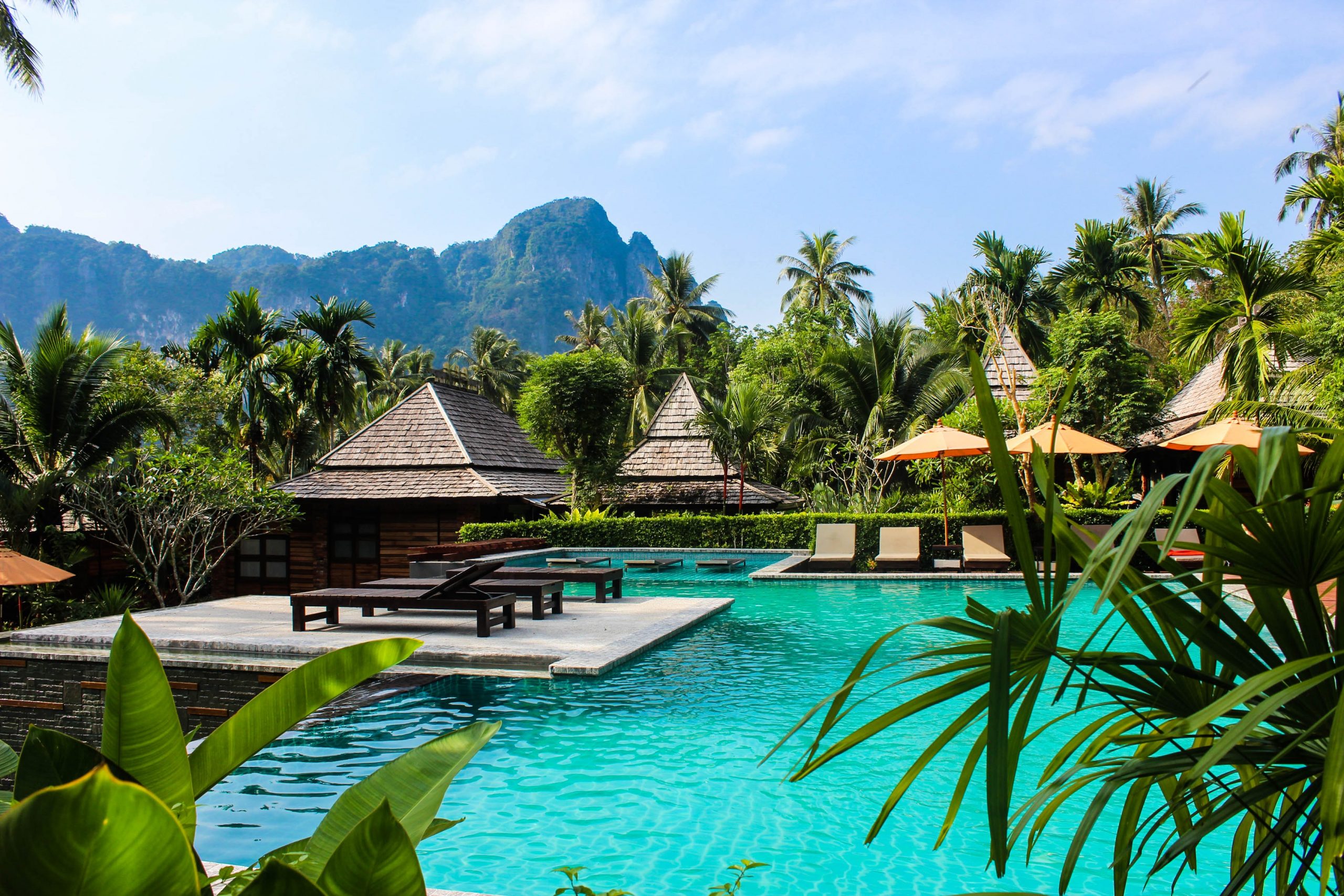
A natural and necessary step in the tourism activity: the awareness of all the parties implied, professionals and guests, of the importance of the good use of water for global sustainability © sara-dubler -unsplash
The concept of sustainable tourism was born in the 1990s in view of the growing concern about the problems created by a leisure industry that was highly questioned for its commercial practices, not very respectful of the culture of the people and the environment. Until then, the wish to make the most of favorable climate conditions and the attraction of exotic cultures often overlooked the water, environmental and cultural costs inflicted on the communities where the facilities were located.
Water has always been the main yardstick to measure the environmental impact of tourism. The conflict of this activity and the use of water resources and their pollution triggered alarms at the beginning of the century in view of the shortage of water in the main tourist areas all around the globe. The average water expenditure of the global tourist is very high. Data from Spain, an international power within the sector, corroborate this: while an average citizen consumes 127 liters per day, the expenditure per tourist ranges between 450 and 800 liters per day, depending on the season and area. In locations close to the tropical belt, this consumption tends to increase and can reach 2,000 liters per day – in hotel terms, this can reach up to 3,423 liters per room -, according to data from the World Tourism Organization (WTO).
Most of the international tourism can be included in the “sun and beach” section, terms that in many cases are synonymous with “drought and environmental vulnerability”, an endemic situation in Mediterranean countries and the tropical belt that climate change threatens to make even worse.
According to AR5, the report on climate change issued by the United Nations Intergovernmental Panel on Climate Change (IPCC), forecasts indicate that many of these regions will experience a decrease in rainfall and an increase in violent weather events during the next few decades. Both threats can be confirmed throughout the Mediterranean, northern Africa, the Middle East, Central America and the northern and southern tips of South America, southern Africa, southern Indonesia, Australia and a large area of Polynesia.
Sustainable tourism, key for the SDGs

The concept of “ecotourism” originated there and was defined as: “the responsible journey to natural spaces, which implies the preservation of the environment and the improvement of the wellbeing of the local population.” © philipp-kammerer-unsplash
Sustainable tourism is relatively young. In 2002, as a result of increasing international awareness, the WTO itself and the United Nations Environment Programme (UNEP) organized the World Ecotourism Summit in Quebec (Canada). The concept of “ecotourism” originated there and was defined as: “the responsible journey to natural spaces, which implies the preservation of the environment and the improvement of the wellbeing of the local population.”
As society became increasingly aware of the climate crisis and the economic and demographic planetary imbalances, the term “sustainable tourism” took shape. United Nations included it in the fight for the attainment of the SDGs and declared 2017 as the International Year of Sustainable Tourism for Development, defining it as “tourism that fully takes into account current and future economic, social and environmental repercussions to meet the needs of visitors, the industry, the environment and host communities.”
Model of green economy to scale
In this last decade, sustainable tourism has made important advances and nowadays, environmental responsibility is an upward value within the sector. Never before has so much care been taken of water, energy and the ecosystems. The industry has grown according to the rising awareness of travelers of the environmental impact of the destinations they choose. The sustainable tourism offer is fully in line with the philosophy of the circular economy: desalination and reuse of water, use of renewable energy, use of organic waste as compost, organic vegetable garden, building materials manufactured by local industries, respect for the landscape, landscaping with native flora, merchandising of handcrafted products of the host community and jobs with preference for citizens of local communities.
This way, on an environmental level, the new resorts and hotels designed in accordance with sustainability parameters, are a benchmark model to scale of the “regenerative city“, a goal for urban planning and modern architecture committed to attaining the SDGs: cities must generate as many resources as they consume.
Increasingly aware travelers and guests
This philosophy is extended to guests who, along with the staff, participate in the care of the environment and learn and delve deeper into the importance of the respect for the environment, the improvement of people’s health and the sustainable use of resources. A reflection of the great possibilities of this philosophy is the initiative Let’s Make a Deal, developed by the We Are Water Foundation, which implies a natural and necessary step in the tourism activity: the awareness of all the parties implied, professionals and guests, of the importance of the good use of water for global sustainability and their involvement in transferring good practices to daily life.
This is a trend that has increased up to now. A study carried out a few months prior to the Covid-19 pandemic by Booking.com, among more than 22,000 travelers from 29 tourism-consuming countries, confirms this: 60% of international travelers would like to have access to a service (app/web) that recommends destinations where an increase in tourism would have a positive impact on the local community; and 51% would be ready to change their original destination for a lesser known but similar one if it would reduce their environmental impact.
The sector responds
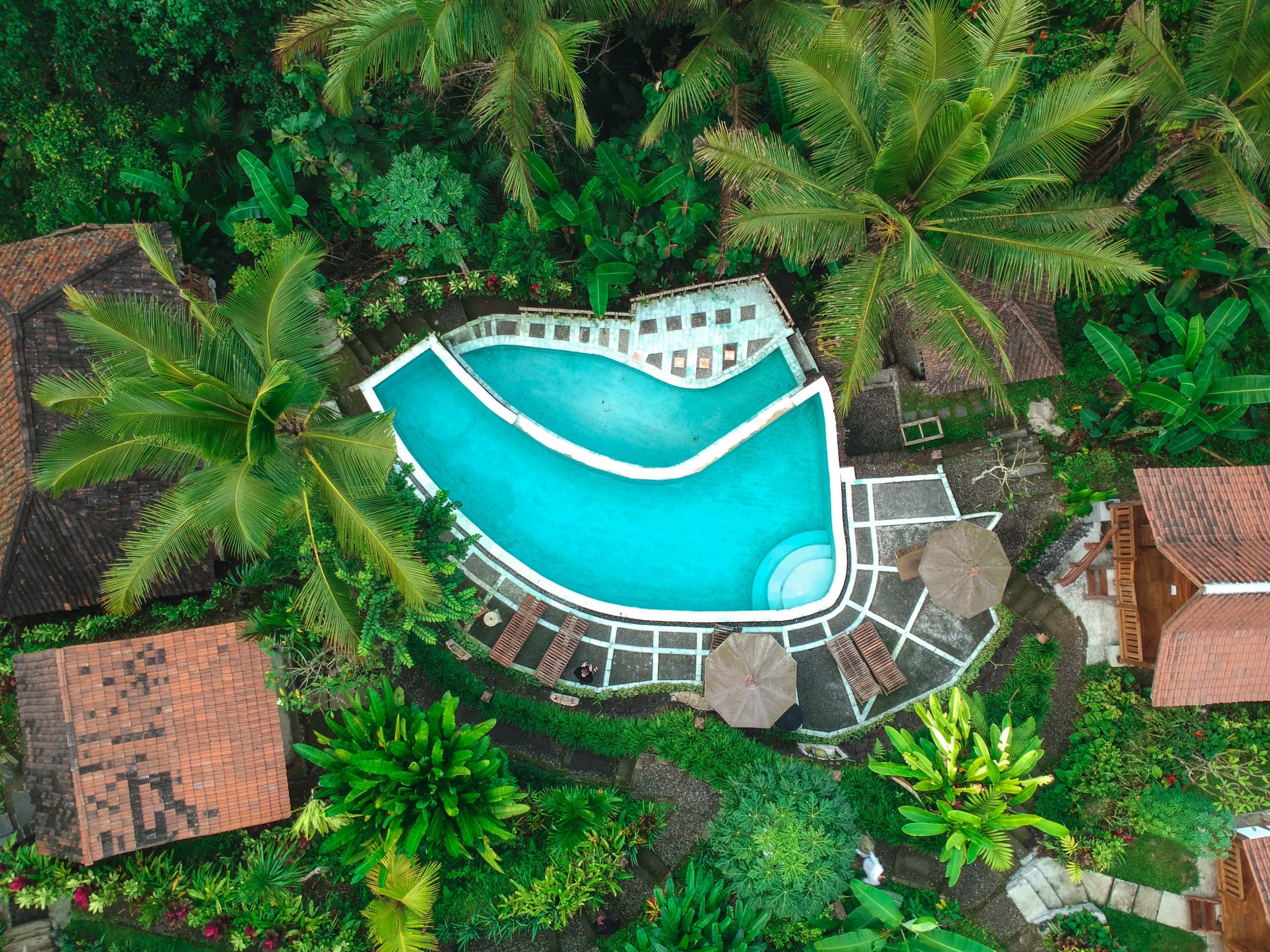
The current crisis should serve to make the sector and citizens more aware of the meaning of sustainable tourism for the planet.© harry-cunningham -unsplash
The tourism sector, directly related to those of architecture, urban planning, engineering and design, has long been sensitive to the importance of sustainability and the essential role it plays in human development. These industries and their professionals see a green future with optimism, as revealed by the platform for dialogue Smartwater, driven by the Foundation, a think tank to raise awareness and boost initiatives in both the individual dynamics of professionals and the strategies of companies.
This is good news, as in 2017 tourism provided more than 10% of the global GDP and generated more than 115 million jobs, and globally it was an expanding sector. The upward trend of sustainable tourism and ecotourism experienced in the last decade presented two hopeful values: a greater and fairer distribution of wealth and an increased awareness of the importance of abandoning past bad practices.
The pandemic should not cut short a development opportunity for many countries with very needy economies. The current crisis should serve to make the sector and citizens more aware of the meaning of sustainable tourism for the planet. As pointed out by health and climate specialists who are evaluating the situation created by coronavirus, a non-intrusive relationship with the environment is key to recover from the disaster and especially, to avoid causing others in the future. The pandemic is showing us new risks linked to the construction of a global society, especially within the framework of the asymmetric relationships we are experiencing. Now, more than ever, tourism must become a solution.


